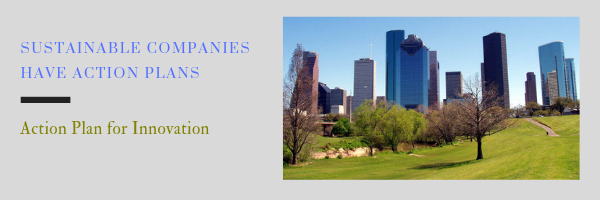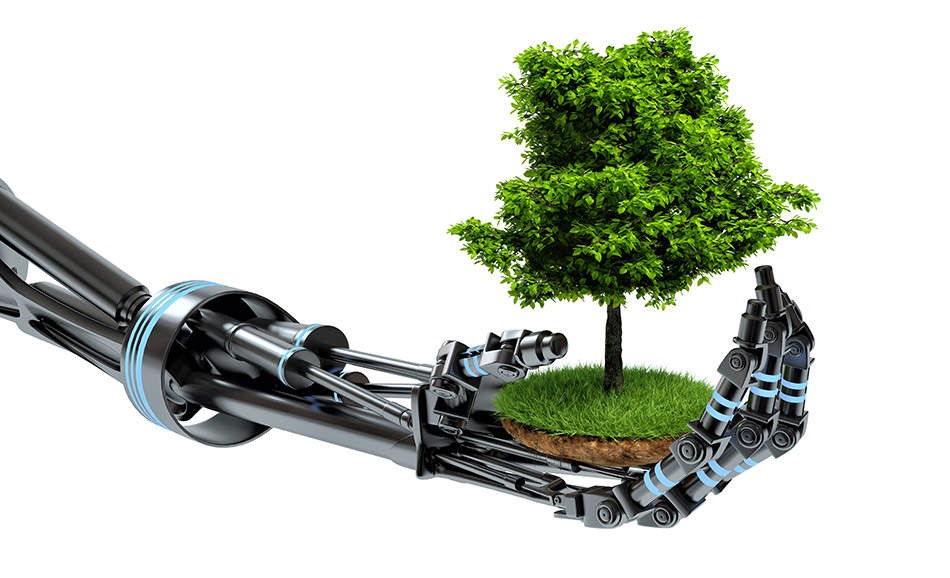In times of volatility, Corporate Sustainability Leadership guides legislation and successfully manages internal and external risks. Sustainable profitability, the rule of law, cooperation between enterprises, civil society and governments are the greatest assets to respond to the public concerns for Europe’s future.
As Europe is in turbulent waters business leaders and sustainability professionals have already focused on trust-building dialogues, the creation of collaborative platforms and finance models to implement a sustainable circular and digital economy.
Just as the Center for Sustainability and Excellence (CSE) research shows , companies with the highest rankings on sustainability ratings have better financial performance than companies with lower rankings. “These companies recognize the importance of a comprehensive sustainability strategy and reporting that includes goals, and externally assured performance data. Transparency and comprehensive sustainability goals are great business enablers and support the success of corporate strategies. Stakeholders, including investors, shareholders and clients see more opportunities and have more trust in these companies”, says the president and founder of CSE, Nikos Avlonas (Sustainable Reporting: Lessons From The Fortune 500, Forbes interview).
Also, Investors are connecting Climate Change to SDGs. Chief Financial Officers are plagued with sustainability demands. Investors are calling for robust corporate sustainability reporting (CSR). Investment rankings are influenced by sustainability considerations. Companies with sustainability reports and an actively implemented sustainability strategy can mitigate long-term risks such as climate change.
Meanwhile, Stakeholders are pressing companies to go beyond the standard ESG (environment, social, governance) approach. Incorporating the UN Sustainable Development Goals (SDGs) can guide companies toward areas of positive, measurable impacts which stakeholders desire.
Weaknesses in the finance sector can have an important impact to SDGs 7, 8, 9, 11 and 13 covering affordable energy, decent work and economic growth, industry, innovation and infrastructure, sustainable cities and communities and climate action.
The need for practitioners is urgent, leading CSE to offer their Certified Sustainability Practitioner Program, Advanced Edition 2019, in Brussels, this June 20-21. CSE has incorporated the SDGs into its research, consulting and certification programs. Urban centers need an enormous influx of sustainability-trained experts. Whether it’s accounting, auditing or research, trained sustainability practitioners are needed in every field and every discipline – banking, investment houses.
Key topics to the European circular economy package will be the focus of CSE’s training in Brussels, June 20-21, 2019. For more information on registration, Early Bird and Group Discounts, contact [email protected]
CSE will deliver in NYC the exclusive Sustainability (ESG) Leadership Training Workshop for C-Suite Executives, September 30 – October 1, 2019. This Fast-Track workshop will address key sustainability leadership challenges and equip business leaders with updated knowledge and practical tools to develop a sustainability strategy, improve branding and ESG ratings, reduce stakeholder related risks and lead sustainable companies to deliver economic returns. For more information on registration and super early bird discount please contact [email protected]









